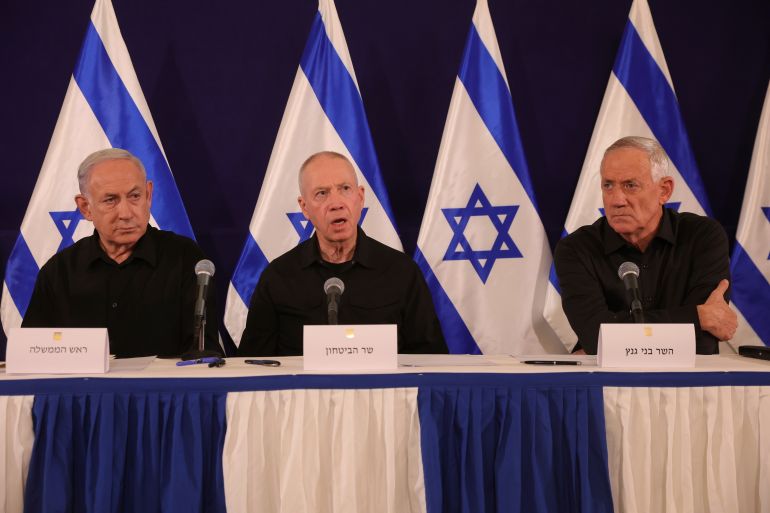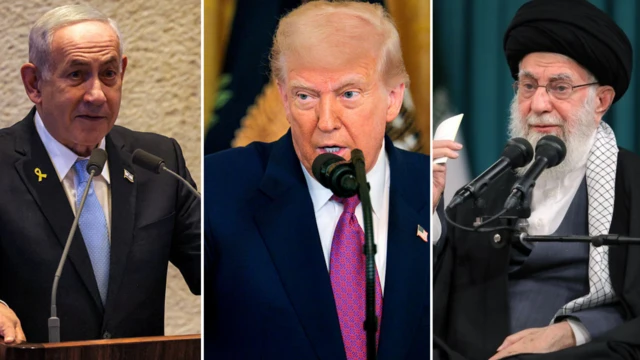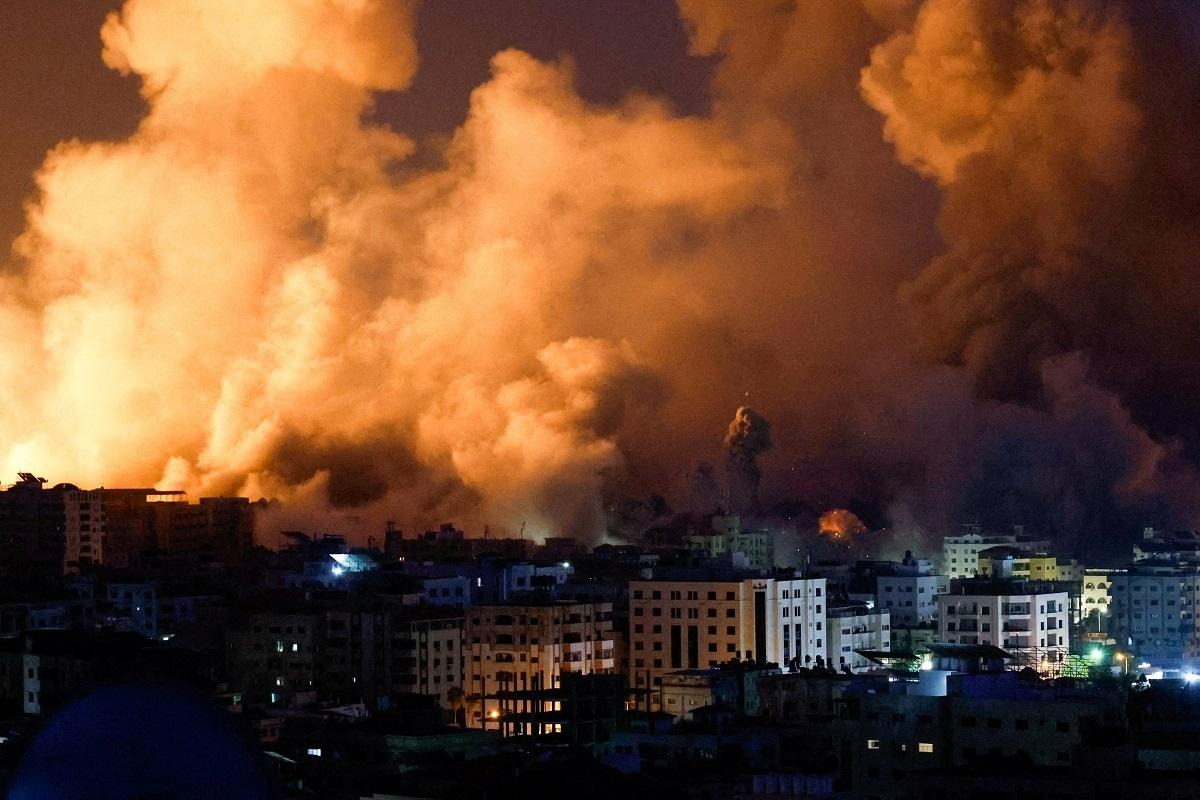Disclaimer: This article is for informational purposes only. While based on reputable sources, geopolitical events can change quickly. Readers should consult official, up-to-date sources. This content does not constitute professional advice or endorsement of any position.
Tensions between Israel and Iran have been a persistent feature of Middle Eastern geopolitics for decades. These two nations have no formal diplomatic relations, and their governments remain in a state of deep strategic rivalry. In 2024, this rivalry escalated to new heights following an unprecedented exchange of drone and missile attacks.
Historical Context of Israel–Iran Relations
Since Iran’s 1979 revolution, relations between Israel and Iran have deteriorated sharply. The Iranian government has consistently opposed Israel’s legitimacy, while Israel has expressed concerns about Iran’s regional influence and its nuclear program.
Iran provides support to groups such as Hezbollah in Lebanon and various militias in Syria and Iraq, which Israel considers security threats. Israel has carried out hundreds of airstrikes in Syria to prevent the transfer of weapons to Hezbollah and to deter Iranian military entrenchment.
Nuclear Program Concerns
One of the main drivers of tension is Iran’s nuclear program. The 2015 Joint Comprehensive Plan of Action (JCPOA) was an international agreement limiting Iran’s nuclear activities in exchange for sanctions relief. In 2018, the United States withdrew from the deal under President Trump, reimposing sanctions.
Since then, Iran has expanded its uranium enrichment activities. The International Atomic Energy Agency (IAEA) has confirmed that Iran now possesses uranium enriched to levels near weapons-grade, although Iran insists its program is for civilian purposes. Israel views these developments as an existential threat and has consistently advocated for stronger international measures.

The April 2024 Exchange of Attacks
Iran’s Large-Scale Drone and Missile Launch
On April 13–14, 2024, Iran launched more than 300 drones and missiles toward Israel in response to an Israeli airstrike in Syria that killed senior commanders of Iran’s Islamic Revolutionary Guard Corps (IRGC).
Most of the incoming weapons were intercepted by Israel’s multi-layered air defense systems, including Iron Dome, David’s Sling, and Arrow, with support from allies like the United States, the United Kingdom, and France.
This attack marked the first time Iran launched a direct strike of such scale from its own territory into Israel, representing a significant escalation.
Israel’s Response
On April 19, 2024, Israel was widely reported to have carried out a limited retaliatory strike inside Iran, targeting sites near the city of Isfahan. Iran’s state media described explosions in the area, while Iranian officials downplayed the incident, saying air defenses had engaged small drones.
No damage to nuclear facilities was confirmed. The IAEA later stated that Iran’s nuclear sites remained intact and secure.

No Confirmed Nationwide State of Emergency in Israel
Following these events, Israel remained on high alert. Schools in parts of Israel were briefly closed, airspace was temporarily restricted, and civil defense instructions were issued at the local level.
However, as of mid-2024, there has been no official nationwide “state of emergency” declared across all of Israel in connection with these incidents. Israeli authorities have instead issued localized security guidance and conducted consultations with security cabinet members.
Current Status and Diplomacy
While direct attacks appear to have paused after April’s exchanges, tensions remain high. The United Nations Security Council convened emergency meetings to discuss the situation and called for restraint. U.S. officials have continued diplomatic efforts to prevent further escalation.
Both Israel and Iran maintain strong rhetoric, but international mediators hope to avoid a broader regional conflict.

No U.S. Cabinet Meeting Called by Former President Trump
Some social media posts have inaccurately suggested that former U.S. President Donald Trump “called an urgent cabinet meeting” in response to the Israel–Iran situation.
Donald Trump is not the current President of the United States and holds no official capacity to convene the federal cabinet. The current President, Joe Biden, has held national security meetings with his administration in response to the Iran–Israel escalation.

Media Coverage and Misinformation
During these escalations, social media has seen a surge in unverified videos, images, and claims. Some viral posts have included old or unrelated footage presented as new attacks. Major news organizations emphasize verifying sources before publication.
Readers are encouraged to rely on established news outlets and official government statements for accurate updates.
The Broader Regional Impact
Beyond Israel and Iran, other countries in the region have monitored the situation closely. Gulf states, Egypt, and Jordan have expressed concerns about spillover effects. The U.S. has maintained naval forces in the region to deter attacks on its allies.

Conclusion
The conflict dynamics between Israel and Iran remain complex and potentially volatile. In 2024, both sides have demonstrated capabilities and willingness to carry out strikes, but international efforts continue to seek de-escalation.
Sources
-
Reuters: https://www.reuters.com
-
BBC News: https://www.bbc.com/news
-
Associated Press: https://apnews.com
-
The Times of Israel: https://www.timesofisrael.com
-
Haaretz: https://www.haaretz.com
-
United Nations press releases: https://www.un.org/press
-
IAEA Director General reports (2024)
-
White House Press Briefings (2024)
-
U.S. Department of Defense statements

